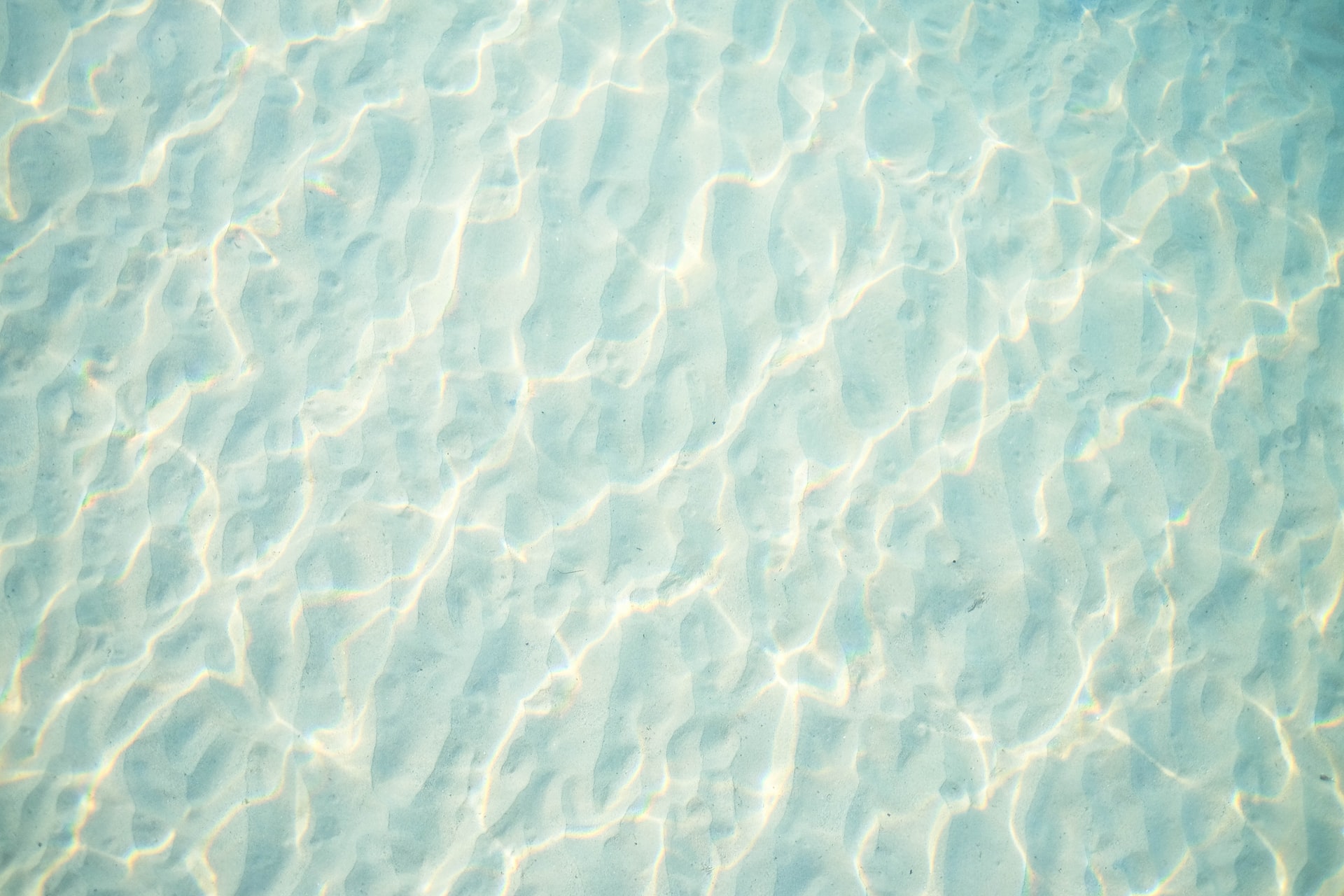by Nicole Yurcaba

In Kim Kyung Ju’s masterful collection Whale and Vapor (translated by Jake Levine), readers enter an existence where physical, mental, and emotional exhaustions permeate life. Sometimes cynical, sometimes Romantic, the poems in this unique collection embrace the lyric form and rely on minimalism to mimic the chaos of everyday life. In the beginning of the poem, exhaustion and chaos are fair-weather friends, accompanying the speaker throughout their daily interactions. By the collection’s end, however, exhaustion and chaos transform into demons dominating every aspect of the speaker’s being, but through careful observation of nature and the practice of writing, the speaker finds peace and fulfillment.
One of the collection’s most notable poems is the poem “Let Me In.” Bookended by three-line stanzas, the poem acknowledges the loneliness of the individual: “Among my thousands of names / my saddest name / is you.” Simplicity fuels the speaker’s Romantic melancholy, and words like “snow” in the following stanza create the sense of cold and reinforce the speaker’s loneliness. The poem’s power lies in its minimalism, and this minimalism relies on honest language, telling rather than showing: “Even when I’m scared I don’t make a sound / when I love you / and because I’m scared I don’t make a sound.”
Interestingly enough, Whale and Vapor’s speaker relies on imagery associated with writing as means of balancing peace and fulfillment with chaos and exhaustion. In the poem “Without a Trace,” the speaker reflects about the sentence: “When a sentence gets caught on a flock of birds // it often makes a sound.” They assert that the sentence is a part of them, and it “has to climb down from my face but / like cheeks that don’t match their face // the sentence misses the sound parade.” Nonetheless, the speaker remains determined, and they leave readers with a philosophical proverb worth living by: “You’ve got to make peace with my chaos. / It’s a chaos no one understands.” By the poem’s end, what the speaker communicates is the fallibility of language to truly communicate experience: “That sentence / left me here / without a trace.” These noteworthy insights about the importance of the sentence in one’s journey to fulfillment and peace amidst the chaos continues in poems like “Altocumulus Clouds.”
Again, nature becomes the backdrop for the speaker’s existence: “Clouds crowd together / into drops of water.” The gathering clouds parallel the speaker’s writing life: “In my monthly publication / the clouds that crowd together / burst with birds.” For the speaker, a sentence “resembles the life of a cloud,” relying on words, because words make “the clouds pulse.” Chaos becomes a thing upon which to rely as “Those drops / go and hide / like deer” and “Night turns / drops of water into / the loneliest / buoyancy on earth.” Like words, the clouds are a transport, moving “a sadness not yet born,” and just as words work together to form phrases, clauses, sentences, when clouds crowd together, “water drops.”
The collection’s penultimate poem “Like Water Leaking” opens starkly, but minimally: “Sometimes darkness arrives / like leaking water.” The speaker confirms that a life without darkness is impossible: “Water leaks into this room / as if it is the afterlife.” In the third stanza, the speaker returns to their melancholic beginnings: “The life that I know / completely fills / the sound of leaking water.” Again, the poem’s power lies in its minimalist imagery as well its brief lines, which mimic the leaking of water. In this poem, the speaker’s reflections about nature and writing culminate, and the speaker reminds readers that just as the natural world’s cycles rely on a form of chaos, so do existence’s:
As if the afterlife fills in my sentences,
my melancholic ankles sleep
clenching the door handle
because they are lonely.
The poem’s ending relies on the sharp, crisp image of a stag beetle setting “its rib to a bone.” Brutal as it may be, the image stays with readers, and it reminds readers that the end of one chaos serves as the beginning for another being’s chaos and experience.
The challenge any poetry collection faces is achieving universality. However, by fusing the struggles of the modern time with Romantic elements, and by remaining in conversation with the author’s Korean literary ancestry, Whale and Vapor achieves this, and it leaves readers with powerful, philosophical proverbs relevant to living in these tired times. It’s a collection for not only contemporary times, but also for the future, and it reminds readers that so often the peace they seek lies in the small actions they often overlook.
Nicole Yurcaba (Ukrainian: Нікола Юрцаба) is a Ukrainian-American poet and essayist. Her poems and essays have appeared in The Atlanta Review, The Lindenwood Review, Whiskey Island, Raven Chronicles, Appalachian Heritage, North of Oxford, and many other online and print journals. Nicole holds an MFA in Writing from Lindenwood University, is the recipient of a July 2020 Writing Residency at Gullkistan, Creative Center for the Arts in Iceland, and is a Tupelo Press June 2020 30 for 30 featured poet. Her poetry collection Triskaidekaphobia is forthcoming Black Spring Group in 2022. She teaches poetry workshops for Southern New Hampshire University and works as a career counselor for Blue Ridge Community College.



Add your first comment to this post